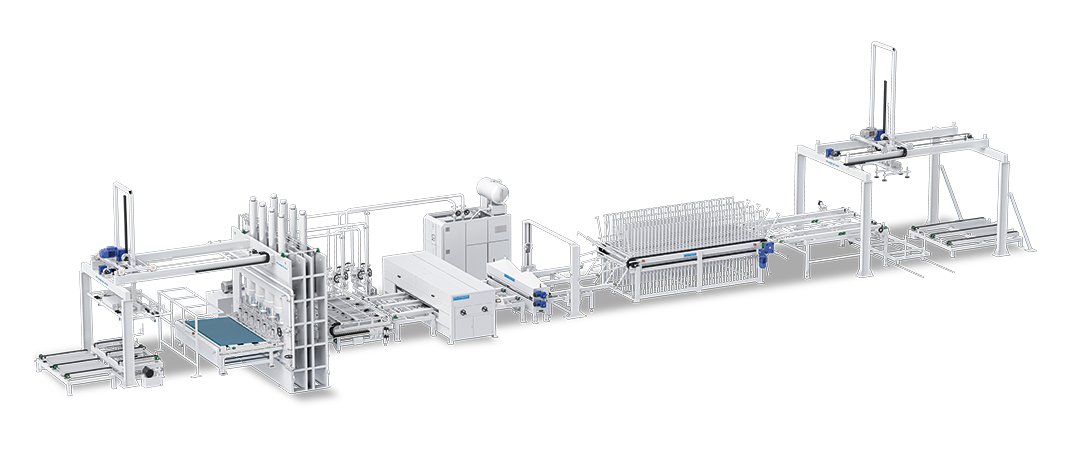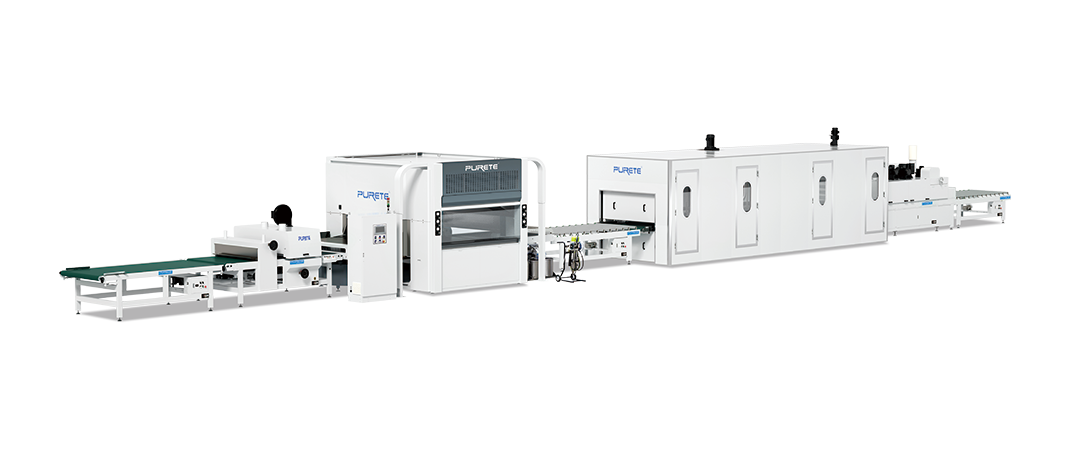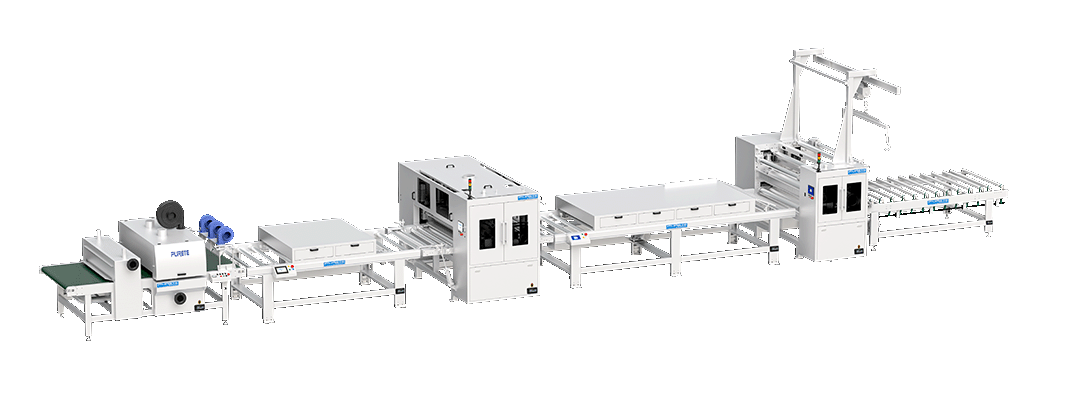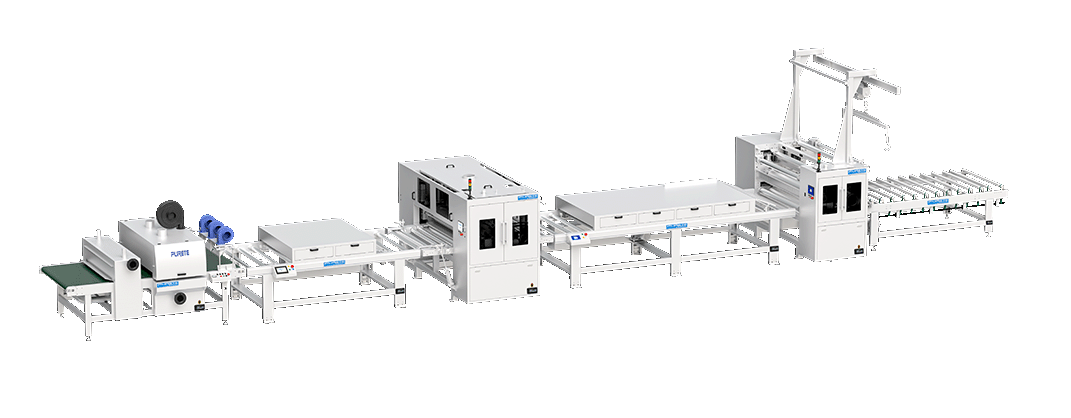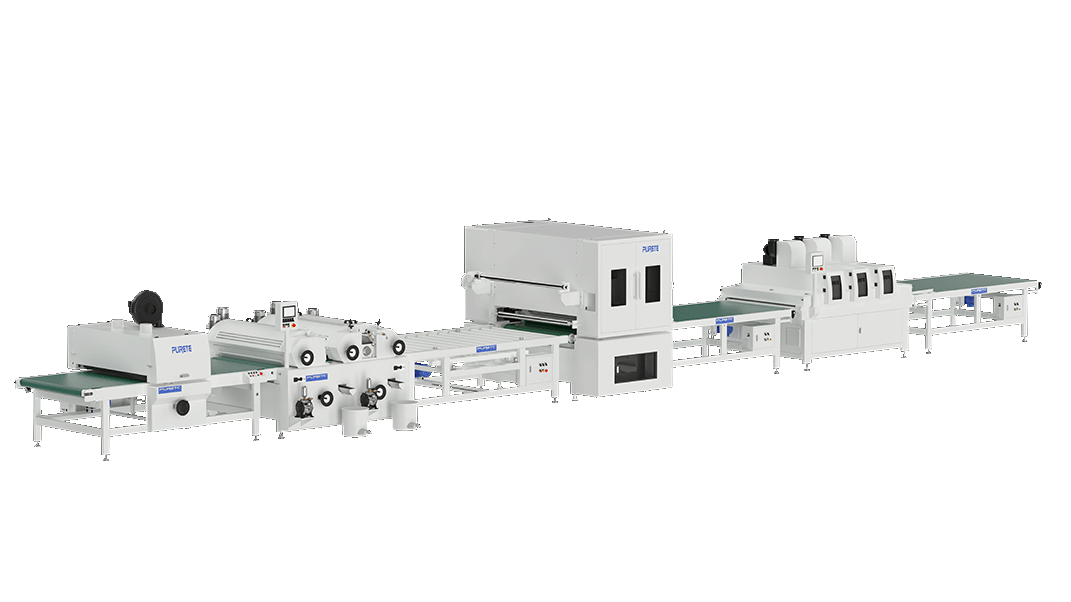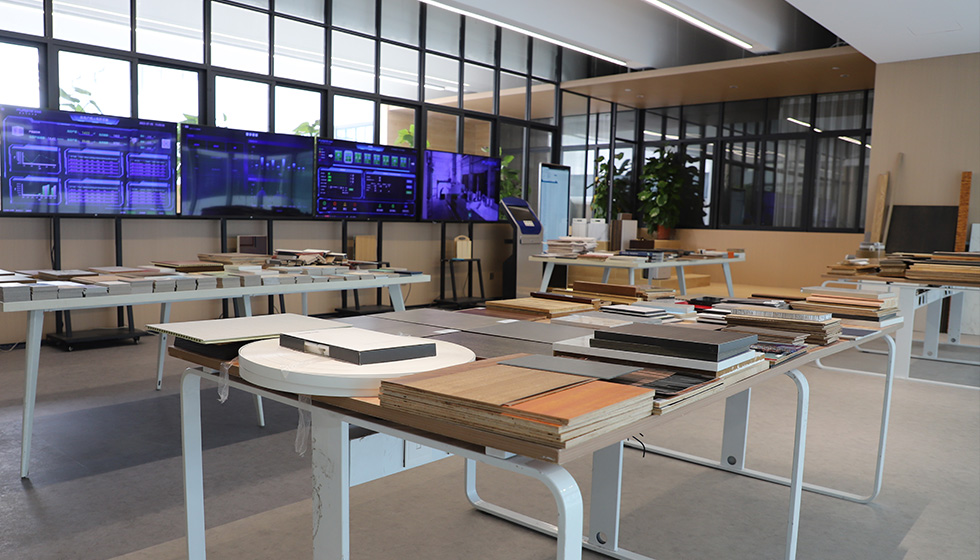Intelligent coating systems: automation meets precision coating
 October 09, 2024
October 09, 2024 Hits:239second
Hits:239secondAn intelligent coating system refers to an advanced technology used in various industries for applying coatings in a controlled, automated, and efficient manner. These systems utilize cutting-edge tools such as sensors, artificial intelligence (AI), robotics, and data analytics to optimize the coating process. Here’s a breakdown of key features and applications of intelligent coating systems:
Key Features:
Automation & Robotics: Intelligent coating systems often include robotic arms and automated machinery for consistent and precise application of coatings across surfaces, minimizing human error.
Smart Sensors: Integrated sensors monitor real-time variables such as temperature, pressure, humidity, and the thickness of the coating applied, ensuring consistent quality.
AI & Machine Learning: By analyzing collected data, AI algorithms can predict potential issues, adjust settings for optimal performance, and ensure a uniform coating across different surfaces.
Real-Time Feedback: These systems provide real-time data to operators, allowing adjustments to be made on the fly. This helps reduce waste and improve the overall efficiency of the process.
Energy Efficiency: Intelligent systems are designed to be energy-efficient, controlling the consumption of materials and power, reducing the environmental impact of the coating process.
Customization: They allow for customized coatings based on the type of material, surface requirements, or specific industry needs, enhancing versatility.
Applications:
Automotive Industry: Intelligent coating systems are widely used in automotive manufacturing to apply protective and aesthetic coatings to vehicle bodies, ensuring corrosion resistance and smooth finishes.
Aerospace: In aerospace, these systems ensure even coatings on complex shapes and surfaces, which is crucial for aerodynamics and protection against harsh environmental conditions.
Electronics: In electronics manufacturing, intelligent coating systems apply insulating or protective coatings on sensitive components to protect them from moisture, dust, and heat.
Medical Devices: The medical industry uses these systems to coat devices and implants, ensuring biocompatibility and protection against wear and corrosion.
Construction & Infrastructure: Intelligent coating systems are used for large-scale applications, such as coating buildings, bridges, and infrastructure, where precision and efficiency are key.
Packaging & Consumer Goods: Many consumer products and packaging materials undergo intelligent coating processes to enhance durability and appearance.
Benefits:
· Increased Precision: Consistent coating thickness and smooth application result in higher-quality finished products.
· Cost Efficiency: By reducing material waste and minimizing the need for rework, intelligent systems save costs in both materials and labor.
· Scalability: These systems can be scaled for small to large production runs, depending on the needs of the manufacturer.
· Sustainability: Intelligent coating systems can reduce the use of harmful chemicals and optimize energy consumption, making the process more environmentally friendly.
Future Trends:
· Integration with IoT: As the Internet of Things (IoT) evolves, future intelligent coating systems will likely be integrated with IoT-enabled devices for remote monitoring and control.
· Self-Healing Coatings: Innovations in materials science may lead to coatings that can self-repair, extending the lifespan of coated products.
· Green Coatings: With a growing emphasis on sustainability, intelligent coating systems may increasingly use eco-friendly materials and processes to reduce the environmental impact.
Intelligent coating systems represent a leap forward in industrial coatings, ensuring higher efficiency, improved quality, and reduced environmental impact. These systems are particularly crucial in industries where precision, consistency, and performance are paramount.
